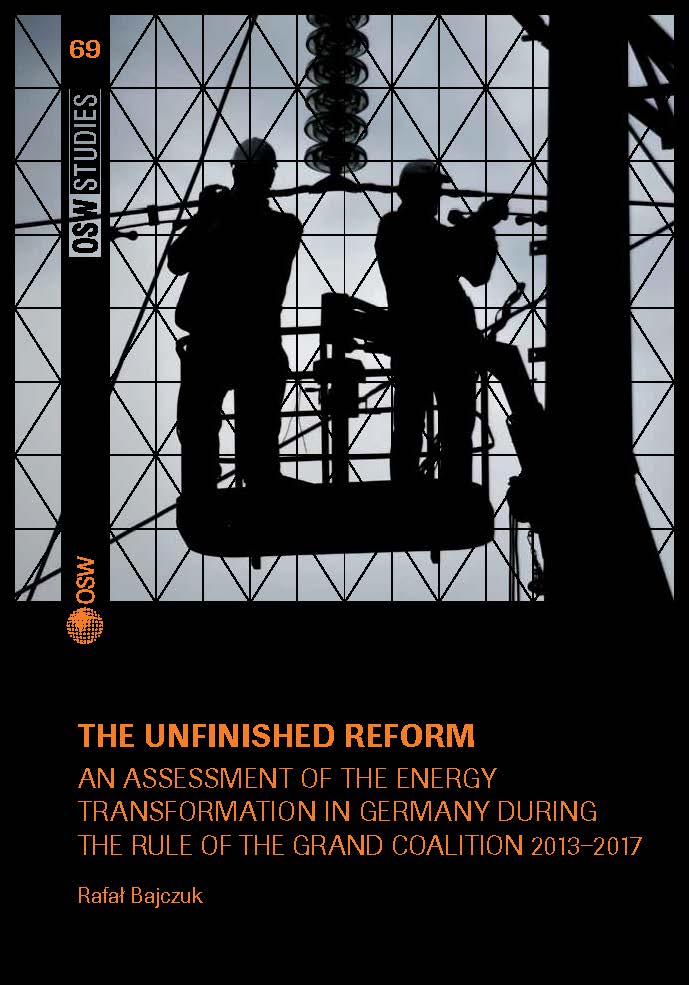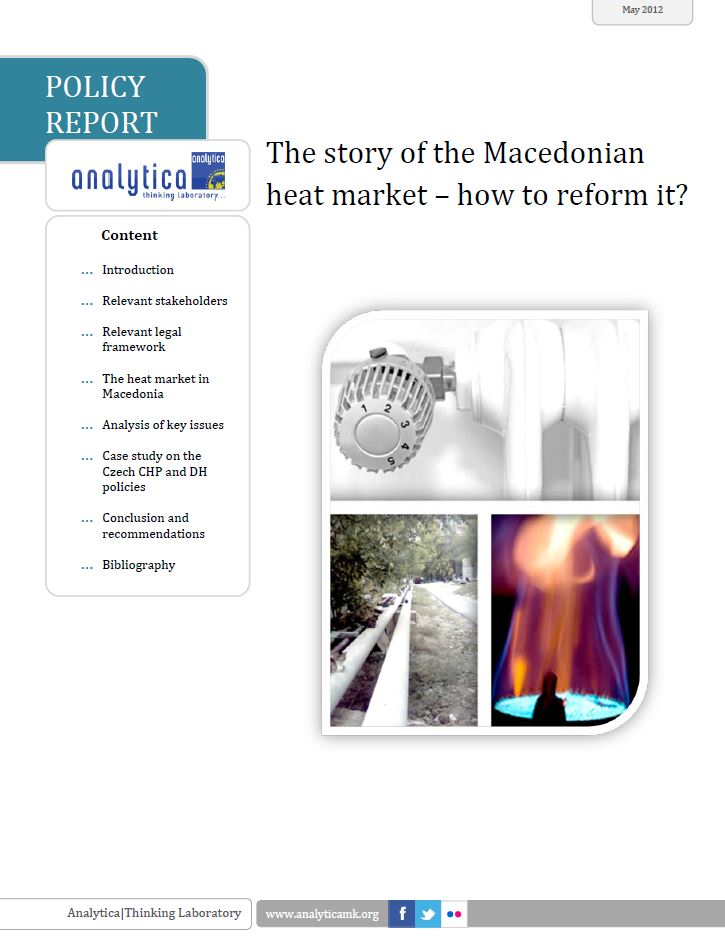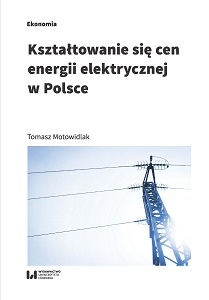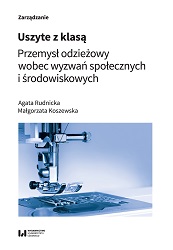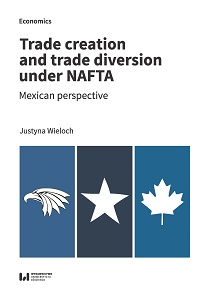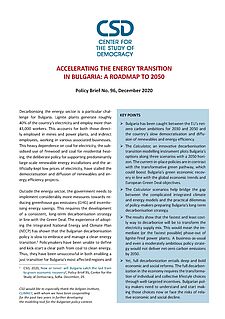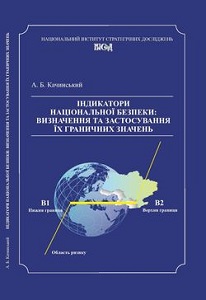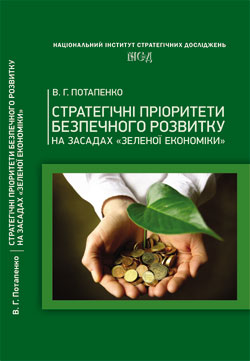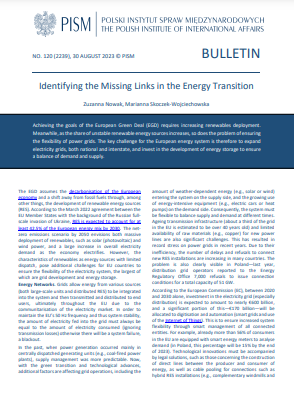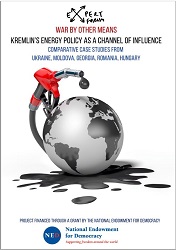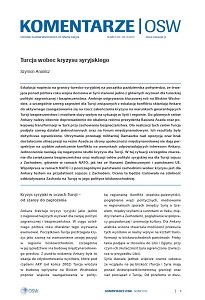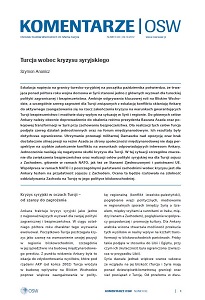
Zarządzanie zależnością. Uwarunkowania niemieckiej polityki gazowej
After crude oil, natural gas is the most important energy carrier for the German economy. Due to its wide range of applications and low emissions, it will serve as a bridge fuel in the German energy transformation in the future. Natural gas can be used both in the heating and power sectors, as well as in transport. Although the volume of gas consumption will fall in the coming years, its share in Germany's energy mix will increase, as other conventional fuels, such as crude oil and coal, will be phased out even faster. // The report discusses the internal and external conditions of German policy in the gas sector. The first chapter deals with the role of gas in the German economy: it presents the impact of the energy transition on gas consumption and the importance of this raw material for German industry. The second chapter deals with relations with external suppliers. Most attention is given to Russia, which has been the largest exporter of gas to Germany since the mid-1980s, and has strengthened its position due to the investment in the Nord Stream pipeline. The last chapter presents alternatives to the current model of gas supply to Germany: the construction of an LNG terminal, the exploitation of shale gas, as well as the potential of using biogas and innovative power-to-gas technology.
More...
